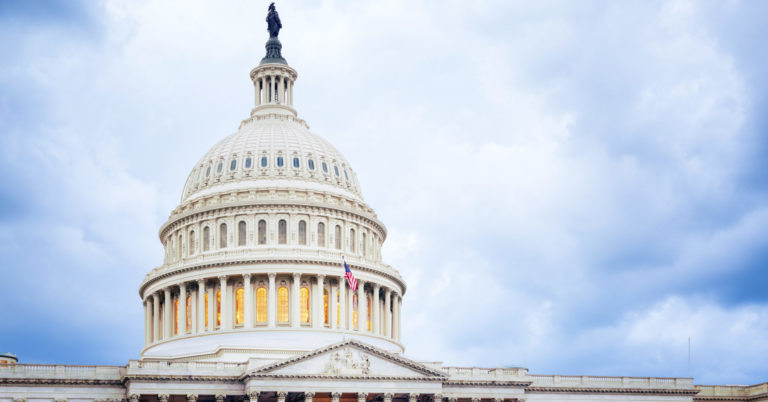Please select your state
so that we can show you the most relevant content.


Congress will be providing at least $1.9 trillion in total assistance to state and local governments this year, most of which is in response to the COVID-19 pandemic.
Nevertheless, some lawmakers claim that additional municipal bailouts will be necessary to address revenue pitfalls in state and local budgets. One proposal calls for an additional $1 trillion in federal spending.
These bailouts are a bad idea, according to a new report from Americans for Prosperity’s Matthew Dickerson and Alison Winters. Here’s why congressional lawmakers should reject such calls for additional spending.
Another bailout would be unnecessary
Instead of pushing for massive bailouts, lawmakers should ask how states are spending the money they’ve already received from the federal government.
Here are the numbers:
Taken together, states have about $450 billion in liquidity to weather this crisis. That’s before cutting a single cent in spending.
States should also consider reducing their spending. A step toward greater fiscal responsibility would benefit them — not to mention federal taxpayers — when planning for future disasters.
Additional bailouts would encourage further bad spending behavior
According to the Government Accountability Office, states have become “less concerned” about adequate fiscal planning for disasters and other emergencies “because they relied on the federal government to provide most of the funding for recovery efforts.”
Some states, such as Kentucky and Illinois, promised their public-sector workers exorbitant pension plans they had little intention of funding. Rather than putting that money aside to keep them afloat, they habitually shuffled taxpayer money into other programs over the years. Meanwhile, collective pension liability for states climbed beyond $1.2 trillion.
Put simply, with additional bailouts, there’s little incentive for the states to make important fiscal reforms.
Money from more bailouts would also be fungible. The CARES Act, for example, established a new $150 billion Coronavirus Relief Fund to provide money to states and local governments.
That money is meant for “necessary expenditures incurred due to the public health emergency with respect to COVID-19” that were “not accounted for in the budget most recently approved.” But, relieved of the necessity to cover those expenses, states would almost certainly spend on new programs and projects at federal expense.
New bailouts would be unfair
Total national debt has risen above $25 trillion. With additional bailouts, Congress would be choosing to take out another mortgage on the backs of future generations.
That isn’t fair to our children and grandchildren. But in the short-term, it isn’t fair to taxpayers in states that have managed healthy rainy day funds and kept their pension systems in the black.
State governments should make do — a difficult but manageable task — with the money Congress has already disbursed. They don’t need additional bailouts.
Read the full spending report, then tell Congress: Reject another bailout full of partisan priorities. This level of spending is reckless and unfair.
© 2024 AMERICANS FOR PROSPERITY. ALL RIGHTS RESERVED. | PRIVACY POLICY
Receive email alerts to learn how to get involved